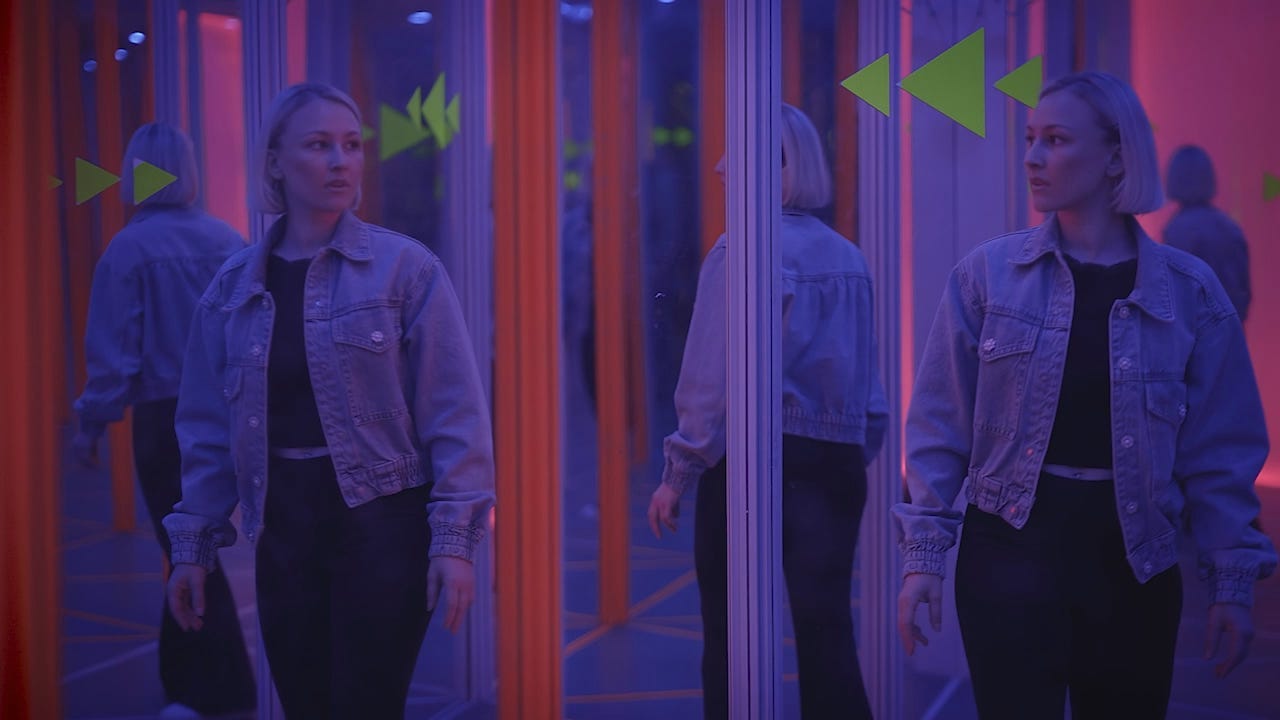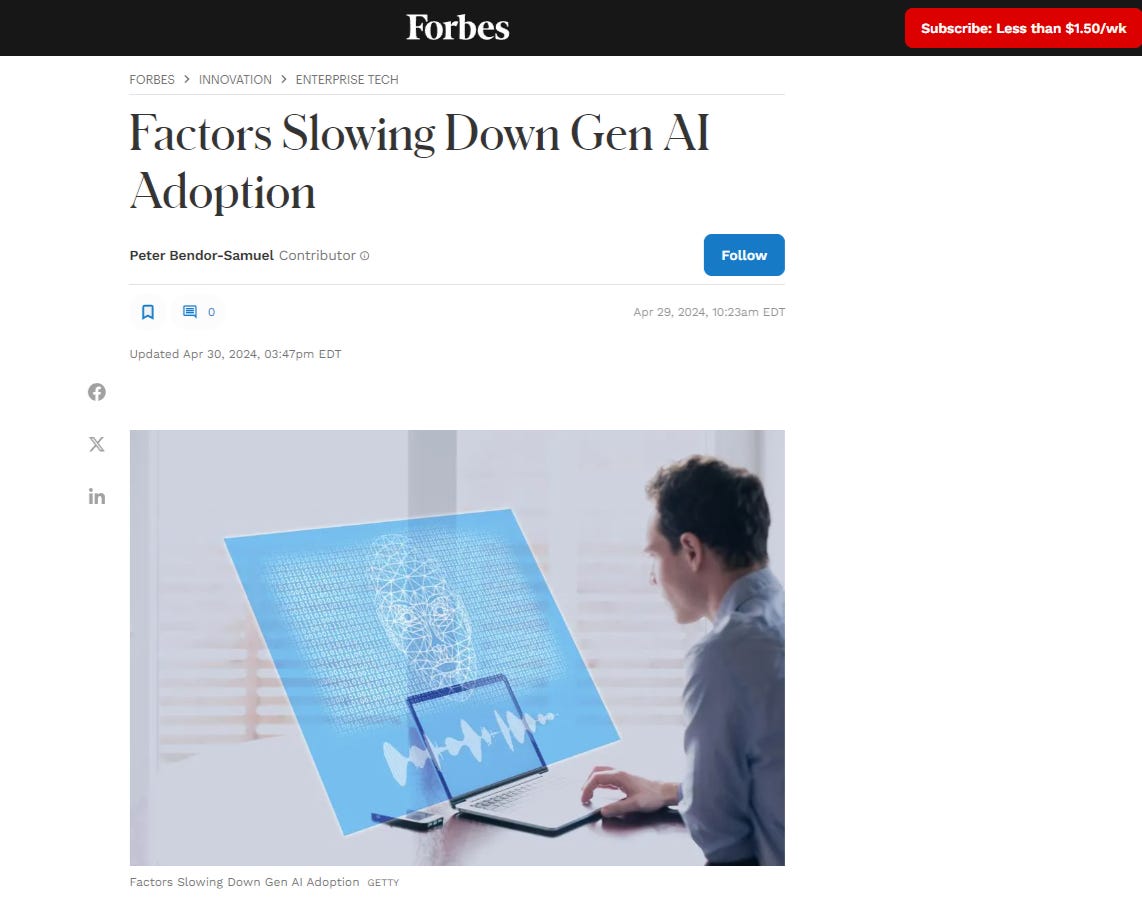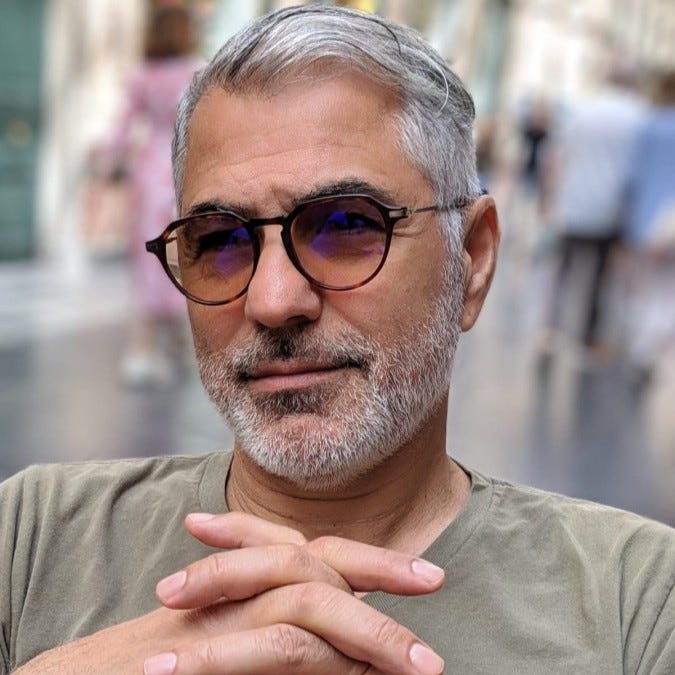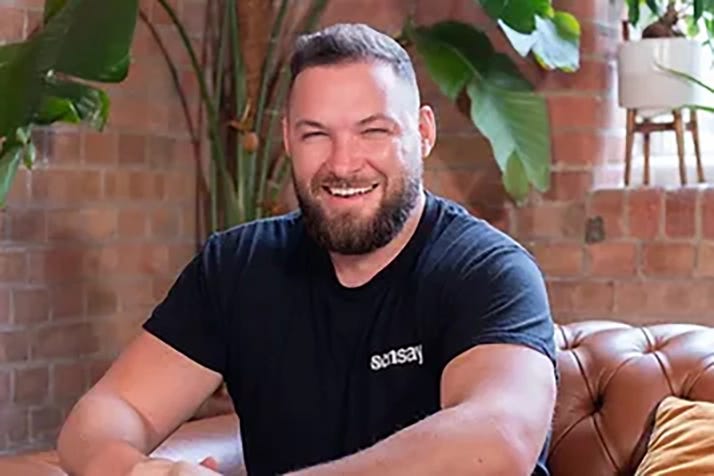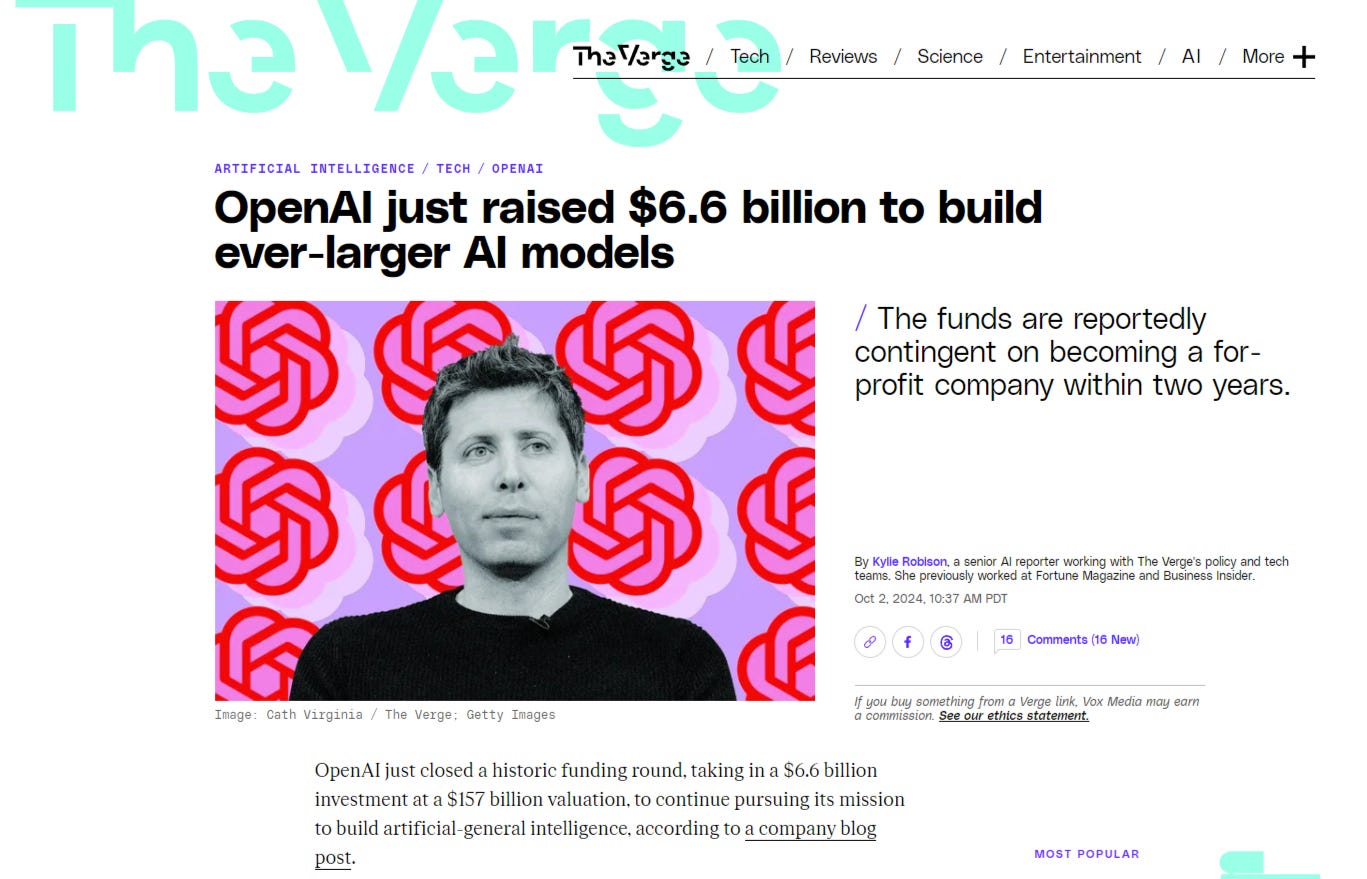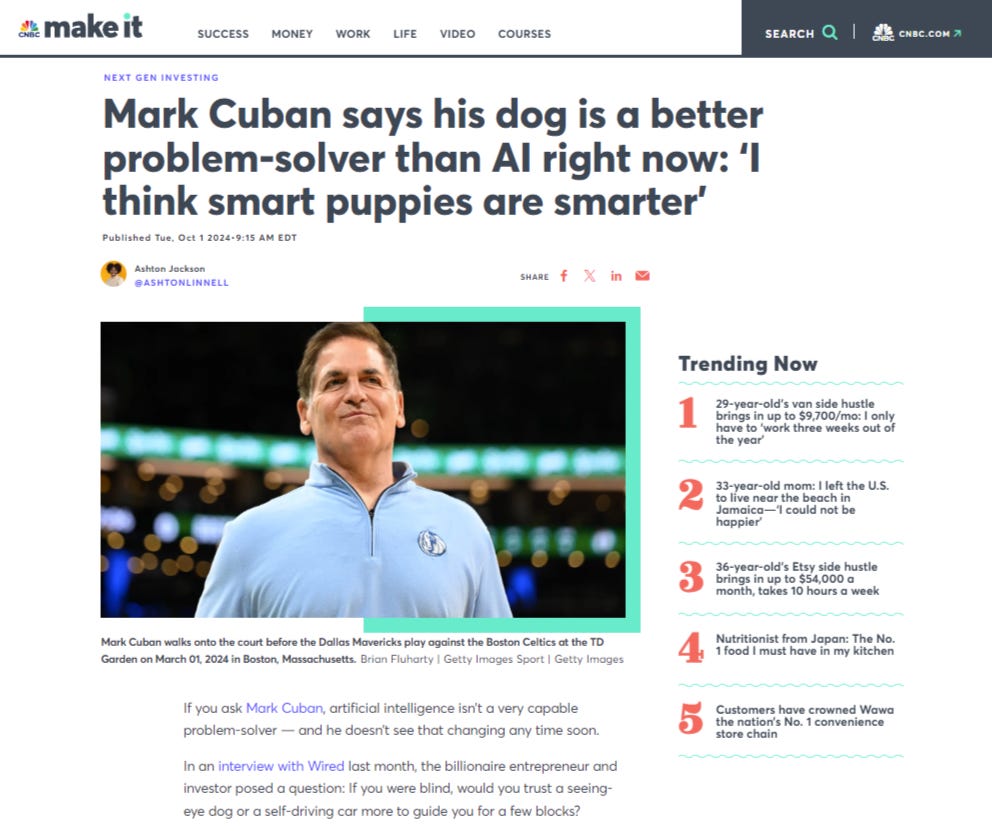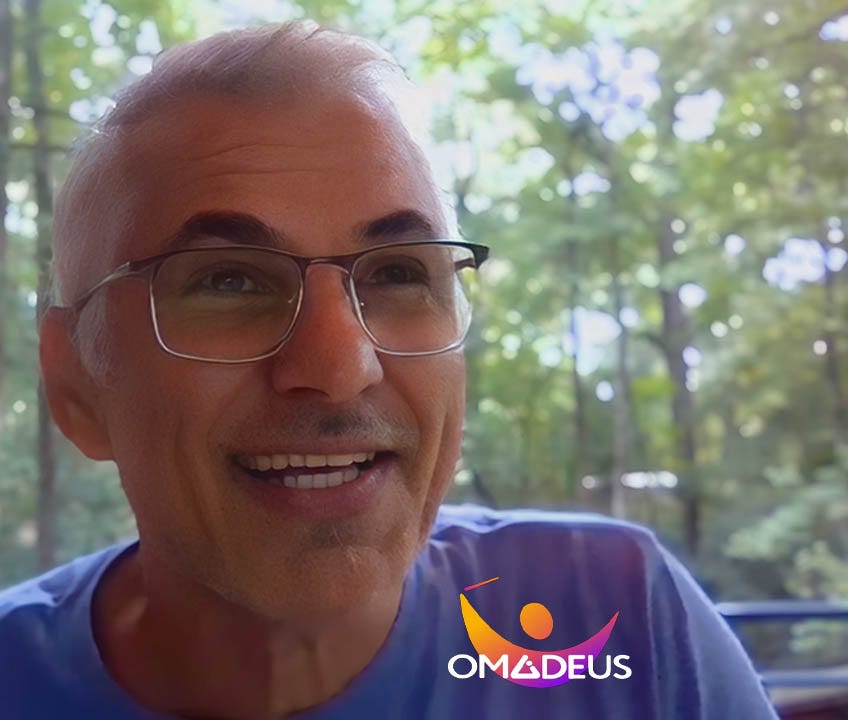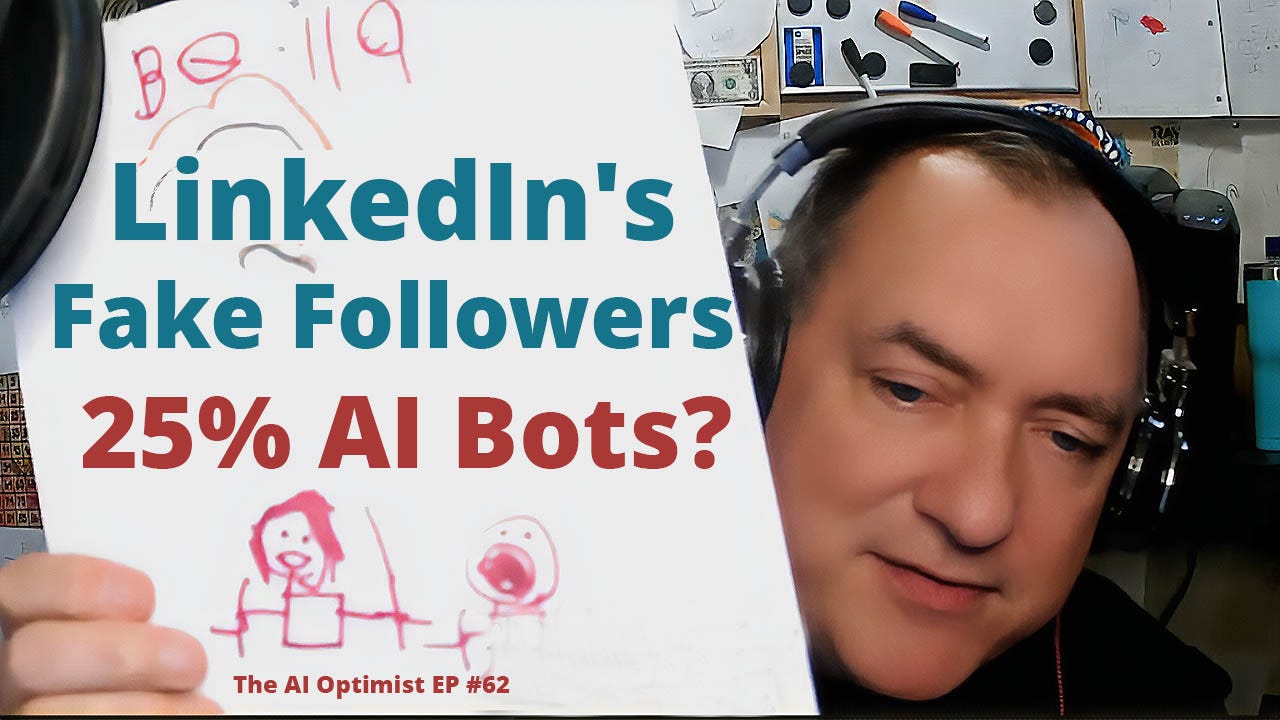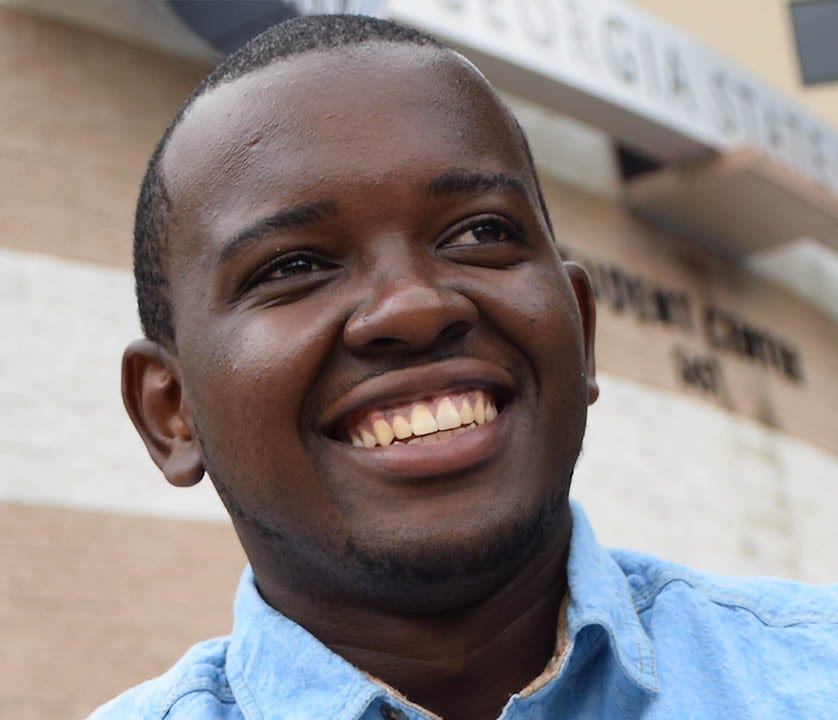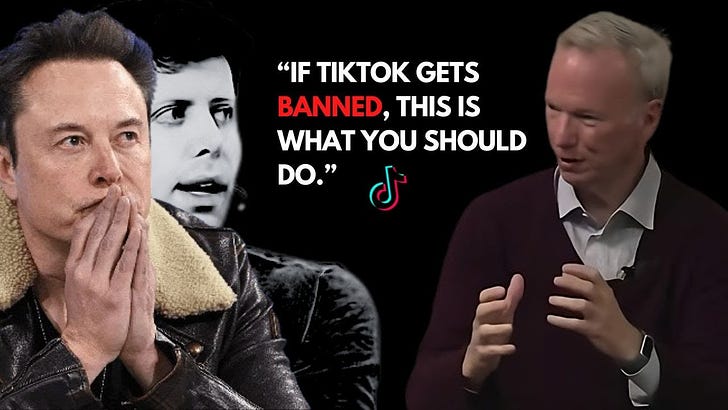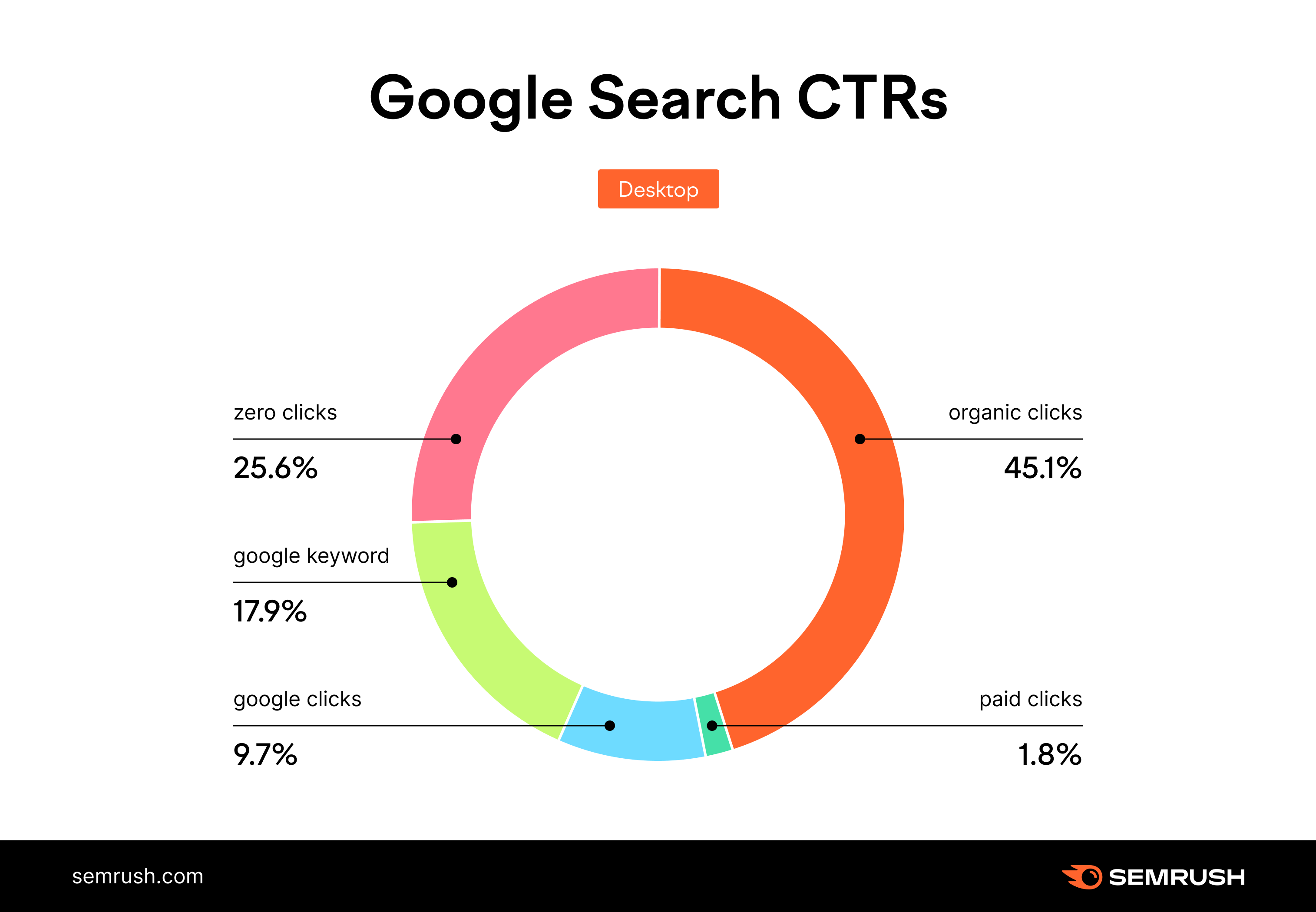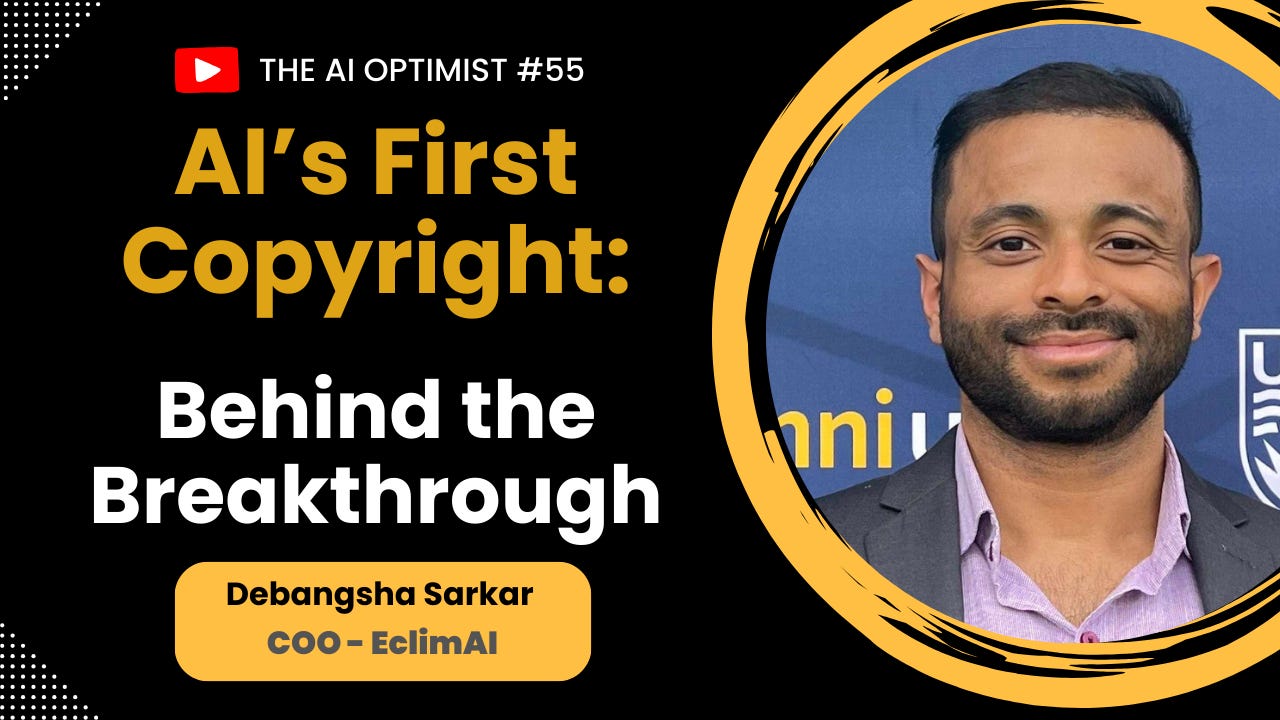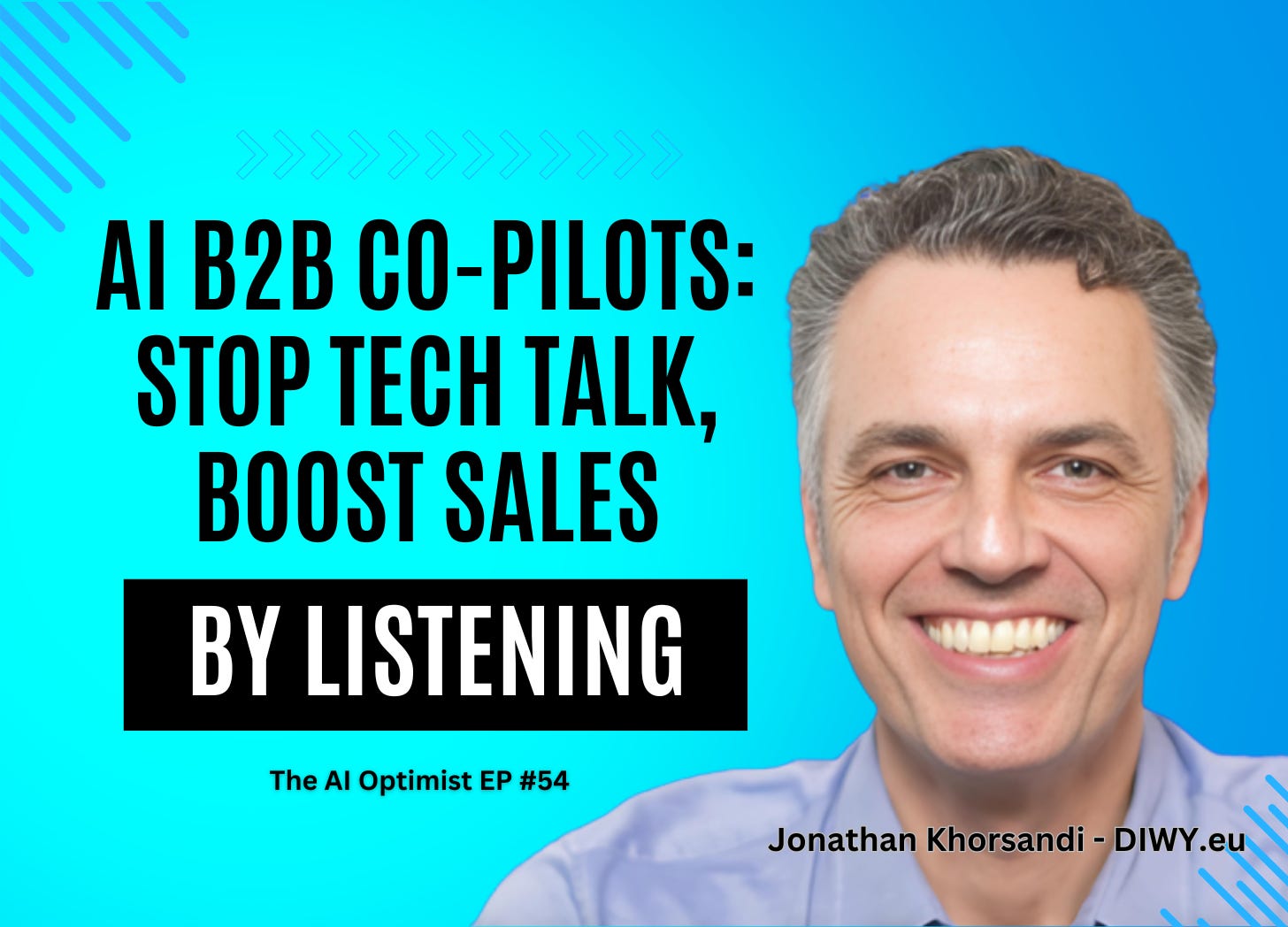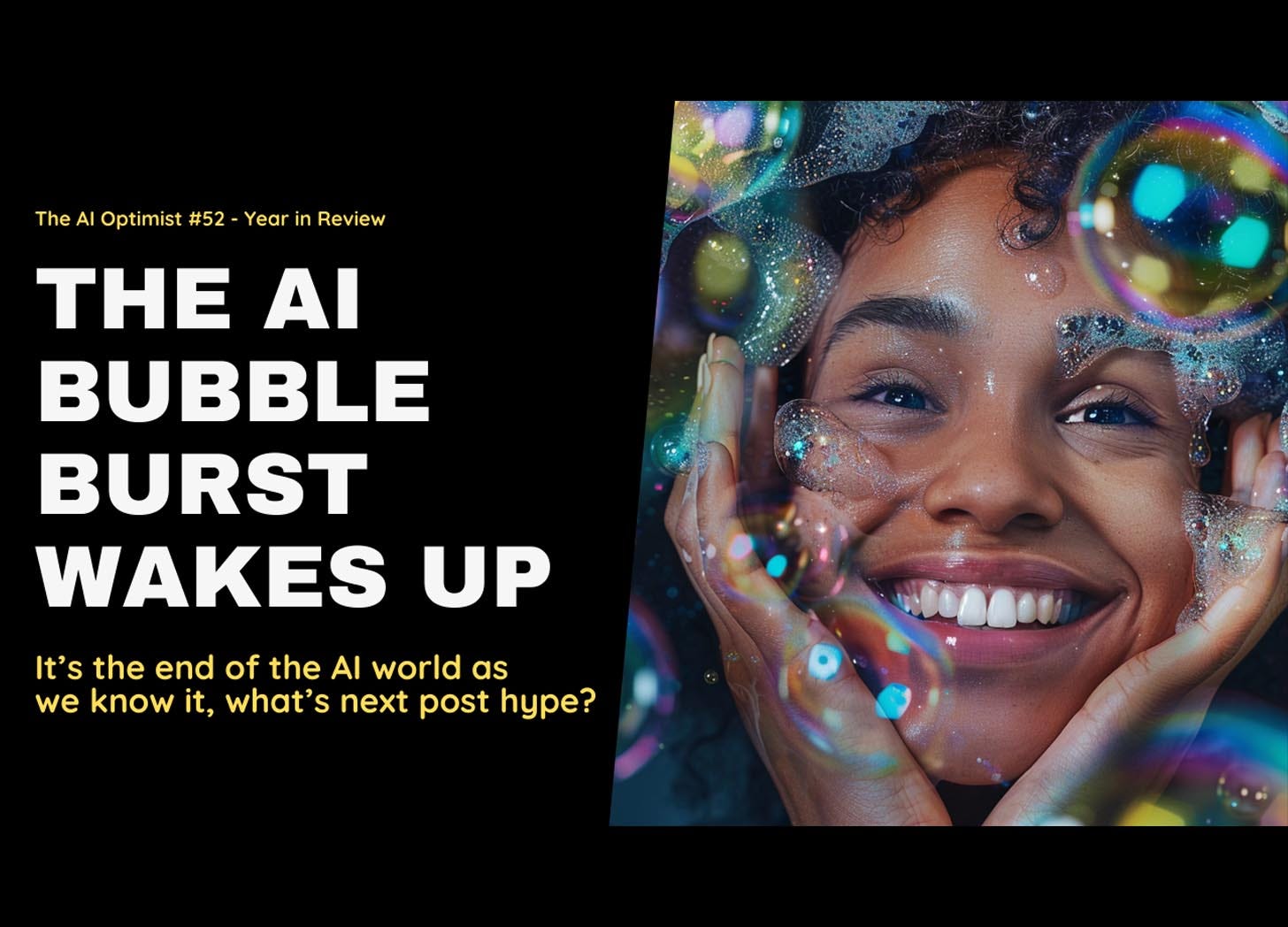Deepfake Political Mania: Regulatory Overkill vs. Free Speech?
Description
Are deep fake political videos The Ultimate Threat and California's upcoming legislation, The Cure?
Welcome to the funhouse mirror of modern democracy, where reality is negotiable, and your eyes and ears might lie.
Listen and ask yourself: Can you spot the deep fake?
Another trick is trying to sound black. I pretend to celebrate Kwanzaa, and in my speeches, I always do my best Barack Obama impression. So, hear me say that I know Donald Trump's tight.
Pretty easy to spot, isn’t it? Think that will impact the election. Like nobody can figure it out?
And, of course, Elon shared this Kamala video and said parody is legal in America, and that's the problem.
People don't like Elon and even Gavin Newsom's response to this and say, you know what? This kind of deep, fake political content can't happen.
And, I'll be signing a bill in a matter of weeks to make sure that it is.
Gavin wants social platforms to identify and block deepfakes, and he's not alone.
We have to focus on the real problem with deep fake political content happening right now. It's only being solved in one country by an AUNT—Auntie Meiyu—that I'll show you later in this video.
What she is starting to solve doesn't come from the government or social platforms playing whack-a-mole with meaningless A.I. videos.
A.I. works for them and helps them. In this episode, deep fake political mania, regulatory overkill, or free speech, we're going to look at this through the lens of you and me being able to use social platforms and not letting the deep, fake political content mania get in the way of what's going on.
So, let's start by spotting the deepfakes.
First, let's spot the deepfake, a quick interactive game. I will show you some images in a video, and you can decide whether they're real.
Now, first up, of course, we have Donald Trump. And here's an image of him with several black women in a photo.
Looks very, very friendly. Now, is this a deepfake or not?
Well, it turns out it is. And here's another photo where he's sitting with six black men, and it was done by right-wing Florida host Mark Kaye.
He shows a smiling Trump embracing these happy black women.
And on closer inspection, you see that they don't have some fingers, and some have three arms.
Typical A.I. stuff. But if you don't look, maybe you think Trump is making those deals, and Mark Kaye says,
I'm not claiming it's accurate. I'm not a photojournalist.
I'm not out there taking pictures of what's happening. I'm a storyteller.
Now, Color of Change has a different view. They see this as spreading disinformation and targeted intimidation of black voters.
Faking an association with black people that never happens is a serious issue. I'm not trying to dismiss it, but can we regulate it?
The issue is how we prevent and identify this without necessarily pushing it as California does.
Let's look at a Trump video and play the game now.
Listen to this: is this at CPAC? Is this a real Trump, or is this a fake Trump?
Our enemies are lunatics and maniacs.
They cannot stand that they do not own me.
I don't need them. I don't need anything about them. I don't need their money. They can.
That was once a little hard to guess, but that's fake Trump. Now listen to the real CPAC video.
Hey, when I'm in a news conference, are people these maniacs?
These lunatics are screaming at me. They're just screaming like crazy.
And, you know, you take them, and I love it, you know? It's like a mental challenge.
As you can see, that one is really subtle. But think about whether a social media company is supposed to figure out which one's true or not, whether the image of Trump is true.
So, let's push it to Kamala Harris. Let's play the same game. Here's a picture of Kamala. She's dressed in bright red with a red hat, looking very much like this Chinese communist icon, Communist Kamala.
Obviously, you look at this and know that this is not real if you're in anything in U.S. politics. The Trump Organization made this point.
Is this satire? Is this a parody? Is this free speech?
Interesting question. I can see both sides and can see how it'd be offensive. But let's now do the spot the deepfake test again.
Watch this video by Kamala. And is it Kamala or deepfake Kamala?
I was selected because I am the ultimate diversity hire.
I'm both a woman and a person of color, so if you criticize anything I say, you're both sexist and racist.
Okay, you guessed it right. Yes, that's deepfake Kamala. It's not hard to figure out because those are not things she would say.
In fact, most of us on social media are very adept at figuring this out. It's not like news, but listen to the real Kamala.
The freedom not just to get by, but get ahead.
The freedom to be safe from gun violence.
The freedom to make decisions about your own body.
Now, that video is obviously her, and we become adept at social media to figure that out.
And while I'm not saying this isn't a problem, how do we ultimately stop this without censorship?
And it's not limited to the U.S.? Check out this video from India. That dancing guy looking like a rock star is an Indian politician, and this person is actually dead.
SOURCE: NBC News on YouTube
And famous Indian politician who is no longer live shown using a deepfake.
And, of course, there's a well-known case of Keir Starmer, the Prime minister of the United Kingdom. Please take a listen to what he supposedly said.
Today, I convene with police chiefs from across the nation to formulate a decisive strategy to address the scourge of white working-class protests.
These far-right f**cks have observed BLM riots and Islamic demonstrations, and I assume they could replicate them.
Let me be unequivocally clear. You do have the right to protest in this country unless you are white and working class.
Now, there we have a problem—a racist solution shown by the Prime Minister. But wouldn't I, would a social platform be able to identify it?
We'll talk about that in a second. Easy, right? Because they're techies, they can do anything. But what you do is leave free speech in the hands of people who—honestly, I won't say they don't care.
But if they do like Elon, we're still determining if the way they care is the way they think it should be done.
After all, if you go to any site that represents free speech, it's more like fringe speech. Look at Rumble or Bitchute, which is really organic.
All these sorts of things make us uncomfortable. Conspiracies, some people with unique points of view, all needing protection, are free speech, even though most people don't see it.
See, free speech is not comfortable, but it's needed. And while deepfakes are taking things to another level in the reaction to try to block this to some quasi-big tech government agreement, it's just wild.
So, you have to ask yourself whether deepfakes are a severe problem. It is the solution to let government and social platforms be the arbiters of free speech.
Try asking A.I. if the images I showed you should be protected. You think it hallucinates when you ask it a question. Ask it about comedy, parody, and satire.
What do you think its answer is? Is it a comedy? If they don't laugh, if A.I. doesn't laugh?
I've asked this question at Gemini, Claude ChatGPT, and Midjourney. They all stop me from creating political content with real political people.
You can get it done, but they're stopping that at the source. But what's happening is we're allowing this, like billionaire social media owners and trillion-dollar corporations, to join forces to protect free speech by eliminating it because nothing says an open discourse like a soundproof echo chamber.
It's beyond their capabilities. But that doesn't stop politicians like Gavin Newsom from pushing that responsibility to social platforms while pretending to regulate.
The deep state of deepfakes—California's farcical ploy into A.I. policing.
Now, politicians have found a foolproof way to stop deepfakes by making reality so absurd that no one can tell the difference.
Take that A.I. Well, these deepfakes bother politicians more than social media users.
Later, I will show you that they're not the problem. In an effort to save democracy, we're deciding to kill it.
But don't worry, we'll deepfake it later, right?
We'll bring it back to life. Look at the California Defending Democracy from the Deepfake Deception Act of 2024. I mean, wow. It's always a stunning title.
That sounds so good. However, the California plan is to stop deepfakes related to elections.
It's overly broad, but social platforms must remove deepfake videos 60 days before and 60 days after the election.
But who is going to police all of this? Even in the bill, they said. Well, the social platforms have the technology.
It bans the distribution of deceptive audio or visual media of candidates, leaving it and putting the liability on social platforms when crazy people are using A.I. and generating these images for fun, laughter, or parody.
And you're expecting that to tell the difference. The good part is that this act tries to protect voters from misleading content, but it needs to include the point.
I'll share it later. Remember, Auntie Meiyu. That's the solution.
Strong legal accountability for tech platform

